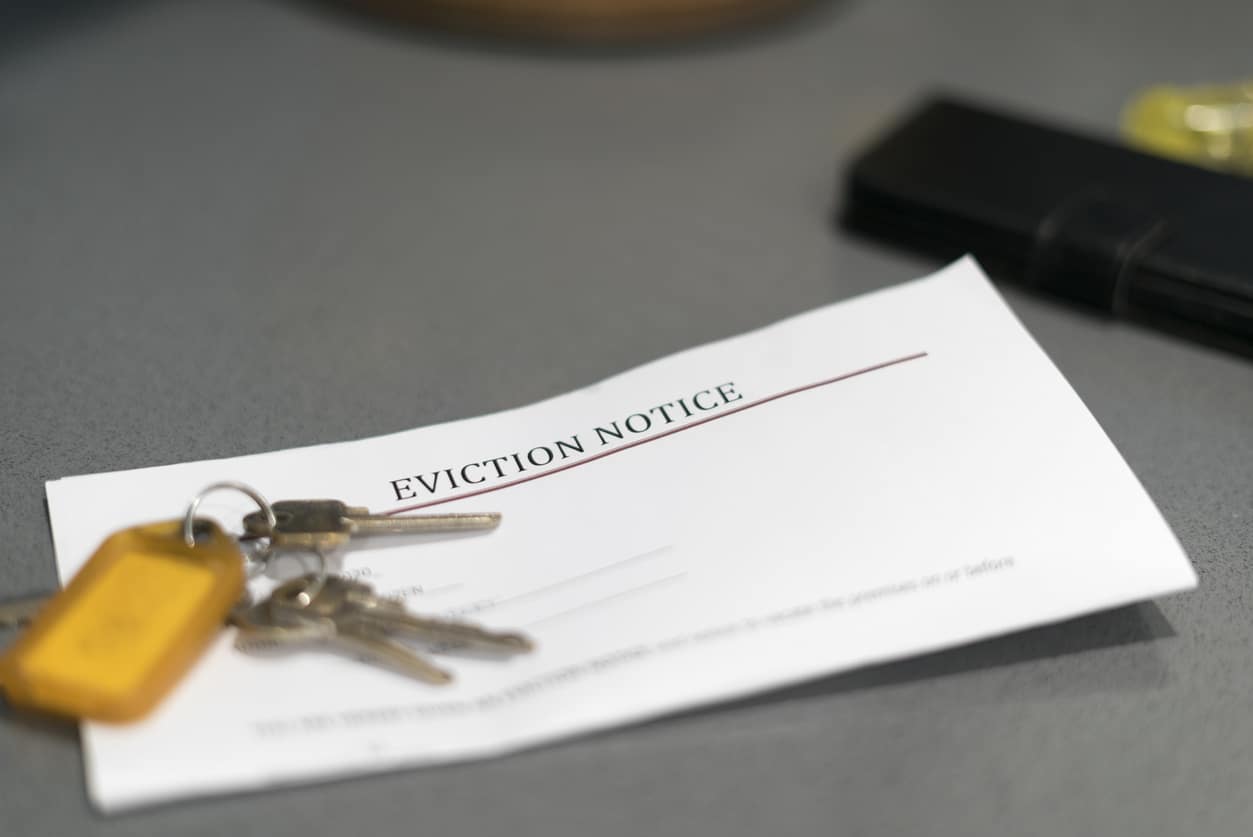

Updated on May 11, 2022
In the recent case of Lee v. Kotyluk (2021) 59 Cal. App. 5th 719, the Court of Appeal considered two matters of first impression regarding the requirements for a notice to cure or quit based on a breach of a covenant in a commercial lease.
The two issues were as follows:
1.Whether a notice provided under Code of Civil Procedure section 1161 (3) is valid even if it failed to identify the party to whom the tenant can turn over possession of the property if the tenant choose to quit; and
2.Whether a landlord’s successor in interest can rely on the landlord’s notice to a tenant provided under Code of Civil Procedure section 11161 (3) and file an unlawful detainer action against the tenant after perfecting title.
As discussed below, the Court of Appeal answered in the affirmative for the above two issues and reversed. In Lee, the landlord sought to evict a commercial tenant for selling marijuana without a license pursuant to Code of Civil Procedure section 1661, subdivision (3), which governs unlawful detainer actions based on a breach of a covenant or condition stated in the lease.
On the eve of trial, the tenant filed a motion in limine requesting a judgment on the pleadings.
Tenant claimed that the notice was defective because:
(1) the prior owner of the property served the notice before transferring ownership of the property to the landlord; and
(2) the notice failed to identify the party to whom defendant could return possession of the property. The trial court granted judgment on the pleadings on both grounds in favor of the tenant, and denied landlords leave to amend. Landlord appealed.
With respect to the first issue regarding identifying the party to receive possession, the Court of Appeal held that Code of Civil Procedure section 1661, subdivision (3) does not require this information to be stated on the notice.
As the Court of Appeal explained, the unlawful detainer statutes contain detailed notice requirements regarding payment of rent to avoid forfeiture, but did not contain any requirement with respect to the party to receive possession.
The Court of Appeal also noted that the purpose behind a three-day notice is not subverted if the notice fails to identify to whom possession should be returned.
In light of the same, the Court of Appeal determined that there is no requirement to state whom would receive possession for a three day notice to be valid under Code of Civil Procedure section 1661, subdivision (3).
With respect to the second issue regarding the timing of the notice, the Court of Appeal held that the landlord, as the prior owner’s successor in interest, could rely on the prior owner’s notice and file an unlawful detainer action against defendant after perfecting title.
As the Court of Appeal explained:
(1) nothing in Code of Civil section 1661, subdivision
(2) prevents a new owner from relying on a notice served by its predecessor in interest; and
(3) the landlord could have revised the complaint to accurately state that their predecessor, and not the landlord, served the subject three day notice.
The Court of Appeal also noted that this ruling is consistent with Civil Codesection 821, which provides that a successor interest to real property is entitled to the same remedies for recovery of rent from its predecessor.